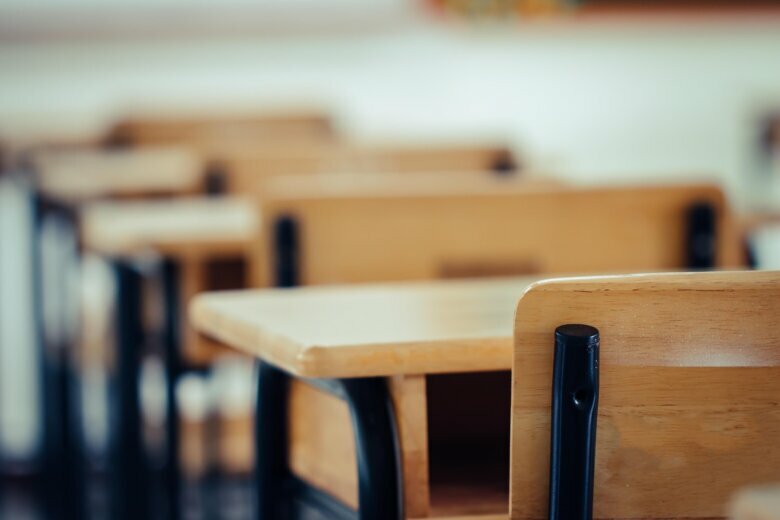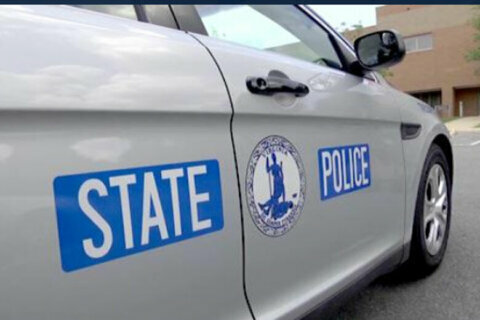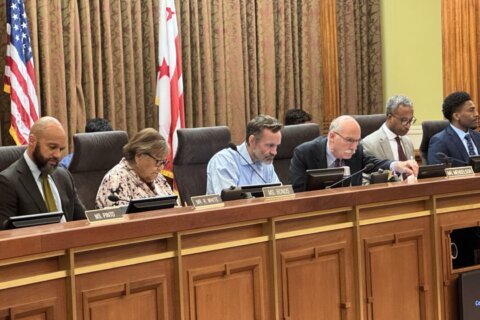
As students return to school this fall, things are going to look a lot different.
Experts from Johns Hopkins say you should know your school’s academic plan ahead of time.
The university recently held a seminar titled “How COVID changed education: What we need to know now and in coming years.”
Annette Anderson, deputy director of the Johns Hopkins Center for Safe and Healthy Schools, said starting this fall, there will be a lot of diagnostic testing to see where students are after virtual learning set in due to the coronavirus.
“Some of the [tests] will be familiar to students and families, and others will be new assessment tools,” Anderson said. “You’re also going to see many districts starting to administer SEL screens. Social Emotional Learning screens.”
David Steiner, executive director of the Johns Hopkins Institute for Education Policy, said they know many students are behind.
“The achievement gaps are greater than ever after COVID,” Steiner said.
He said because of this, instructors and staff will have to figure out what the most crucial skills are for each grade level because they will need to get students caught up as quickly as possible.
“We cannot teach them every skill we would have taught them regularly if they had been on grade level. We’re going to have to give up on some knowledge, some skills,” Steiner said.
Steiner said that schools usually do remediation when students are behind, but he’s been working with schools on an alternative program called acceleration.
“It means giving children who are behind access to grade-level instruction, giving them the most essential skills and knowledge in a just-in-time format to enable them to stay with those classmates at that grade level learning.”
Robert Balfanz, director of the Johns Hopkins Everyone Graduates Center, said that parents should pay special attention to those students who are entering major transition grades like going into Kindergarten or entering middle or high school.
He also said those students going into first grade might have an especially difficult time.
“Unfortunately, kindergarten was the year where lots of districts reported that they sort of lost track of kids and kids essentially didn’t participate in kindergarten last year and they’re going to be going right into first grade. So that’s a group to really be focused on,” Balfanz said.









